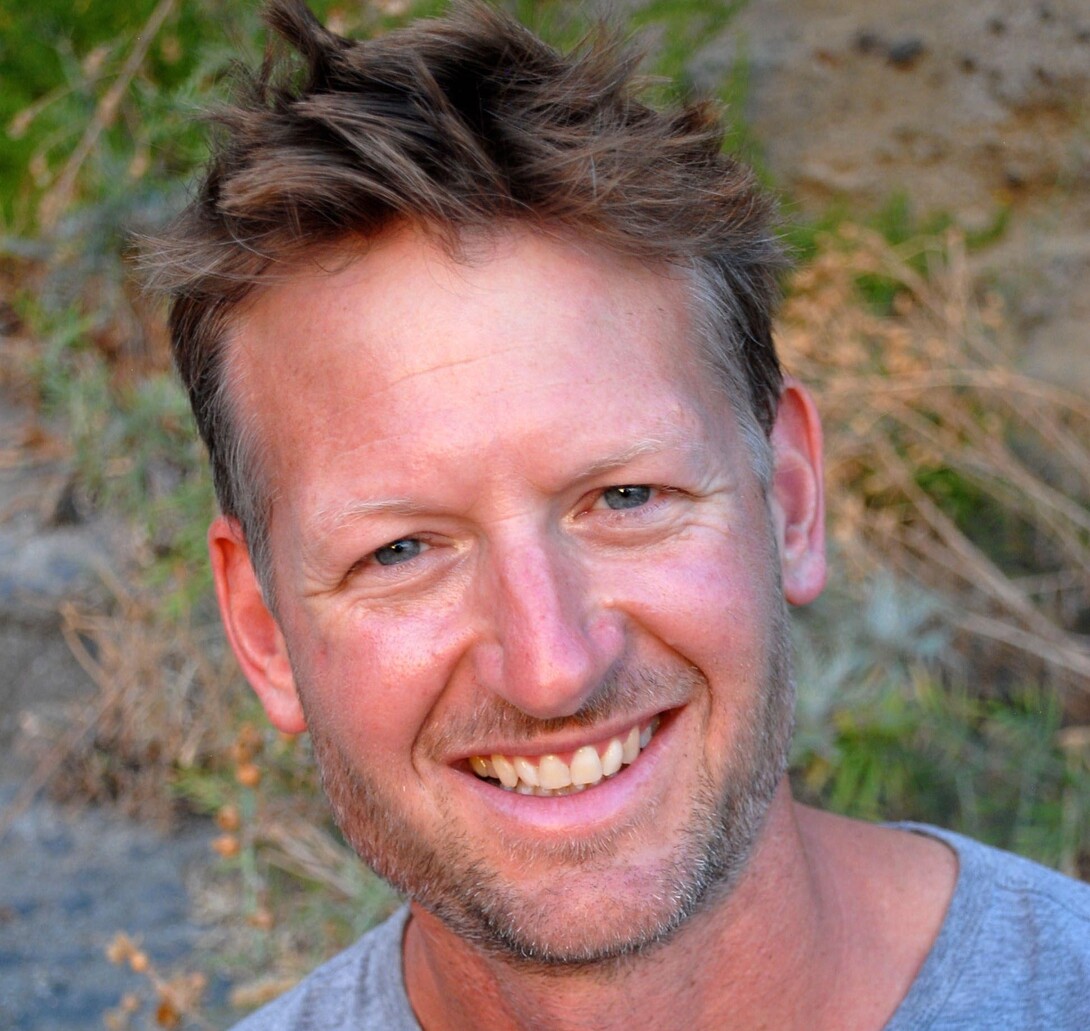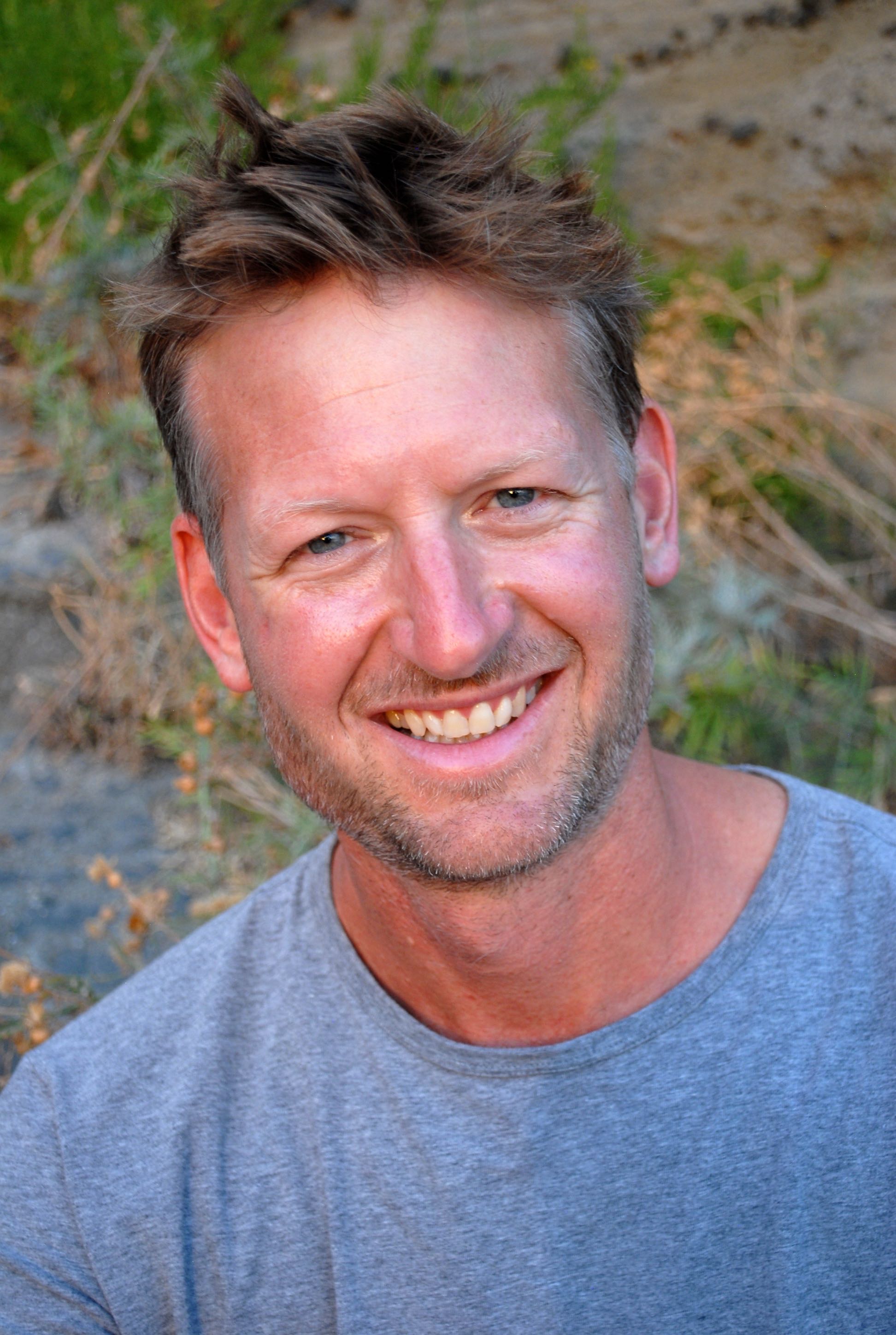
British environmental writer and science advocate Mark Lynas will speak at the next Heuermann Lecture on Oct. 10. Lynas, who has devoted his career to speaking around the world on climate change, biotechnology and nuclear power, will present “GMOs are Green: How an Environmentalist Changed His Mind about Biotechnology.”
Lynas made headlines worldwide in 2013 when he publicly reversed his stance and apologized for his previous activism against genetically modified organisms, or GMOs. Today, he travels the world campaigning on behalf of several pro-science causes.
The free lecture, sponsored by the University of Nebraska-Lincoln’s Institute of Agriculture and Natural Resources, will be at 3:30 p.m. at the Nebraska Innovation Campus Conference Center, 2021 Transformation Drive. A reception will precede the lecture at 3 p.m.
During the lecture, Lynas will outline the history of the anti-GMO movement and explain his about-face on GMOs. He will also give examples of how the genetic modification of crops can help farmers in developing countries address climate change, reduce pesticide use and improve harvests.
Lynas works closely with the Cornell Alliance for Science at Cornell University, supported by the Bill and Melinda Gates Foundation, in promoting agricultural development and reducing poverty and hunger. He is also a visiting research associate at Oxford University’s School of Geography and the Environment, and is an advisory board member of Sense About Science, a science advocacy group in the United Kingdom.
Heuermann Lectures are free, and the public is encouraged to attend. The lecture series focuses on providing and sustaining enough food, natural resources and renewable energy for the world’s people, along with securing the sustainability of rural communities where the vital work of producing food and renewable energy occurs. The lectures are made possible by a gift from B. Keith and Norma Heuermann of Phillips, longtime university supporters with a strong commitment to Nebraska’s production agriculture, natural resources, rural areas and people.
Lectures are streamed live here and air live on campus channel 4. They are archived after the event and later air on NET2 World.









